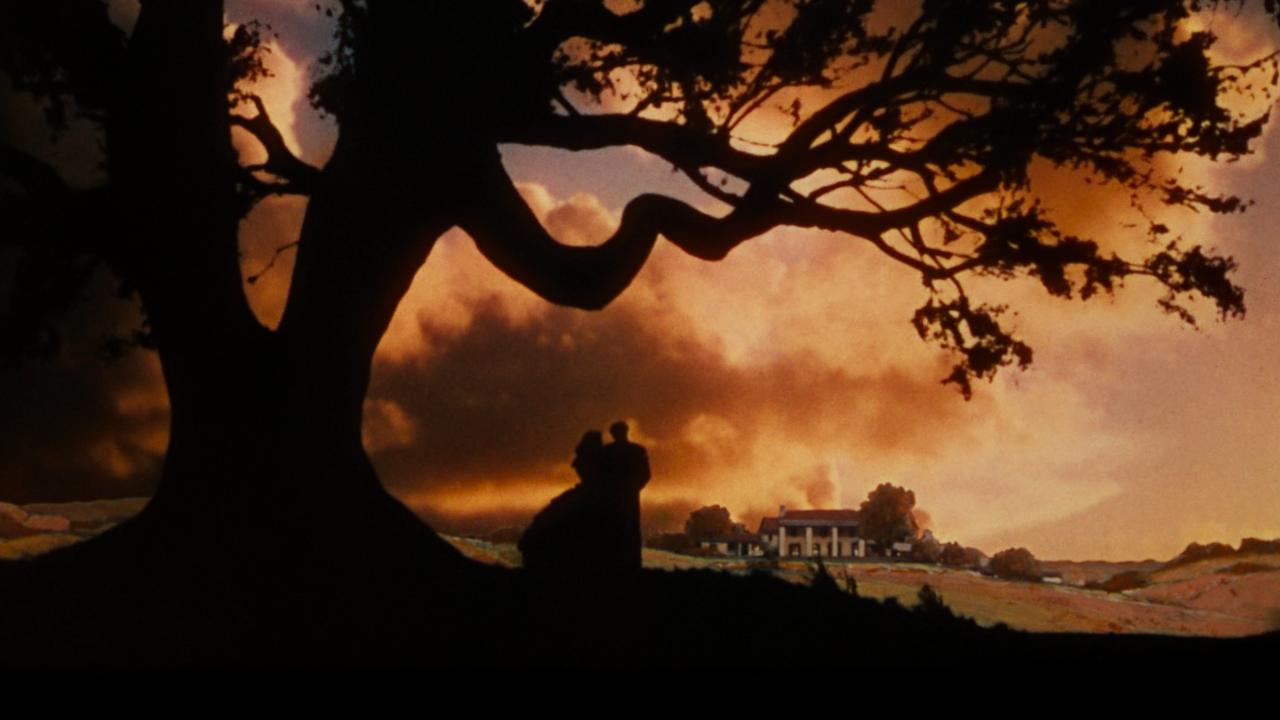-
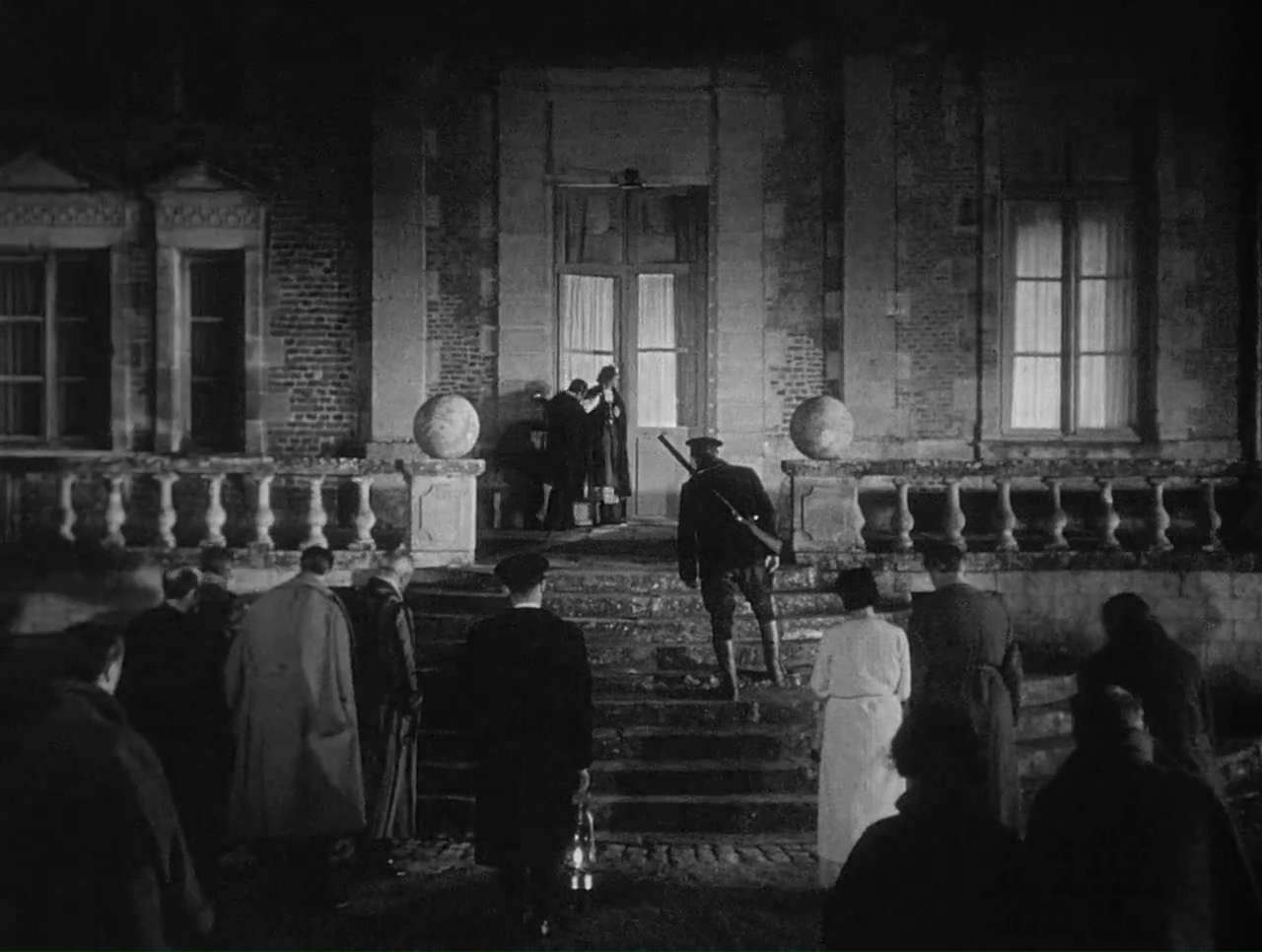
The Best Films of the 1930s
The greatest films of the 1930s, from France’s poetic realism to the rise of Technicolor and talkies.
-
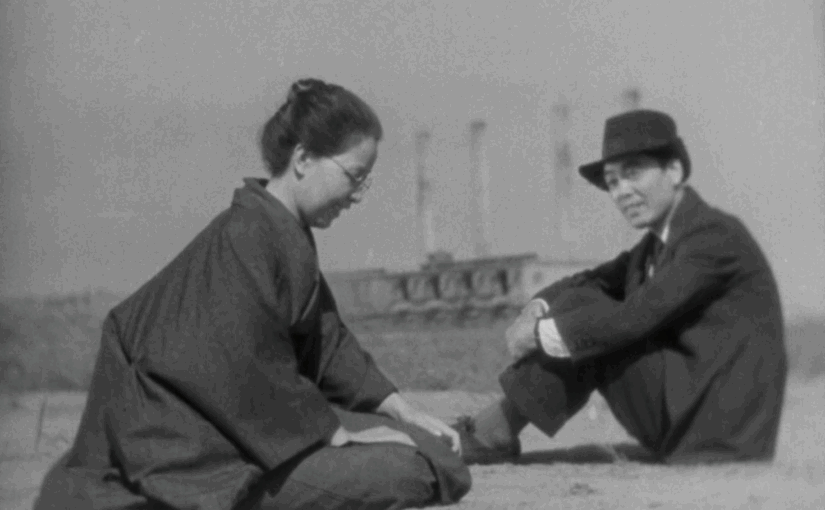
The Only Son (1936)
The Tokyo that Ryōsuke moves to in The Only Son is not the bustling city of opportunity he once dreamed of, but a desolate wasteland of factories and smokestacks, underscoring Yasujirō Ozu’s tale of parental expectations and disappointments with the social realities of Depression-era Japan.
-
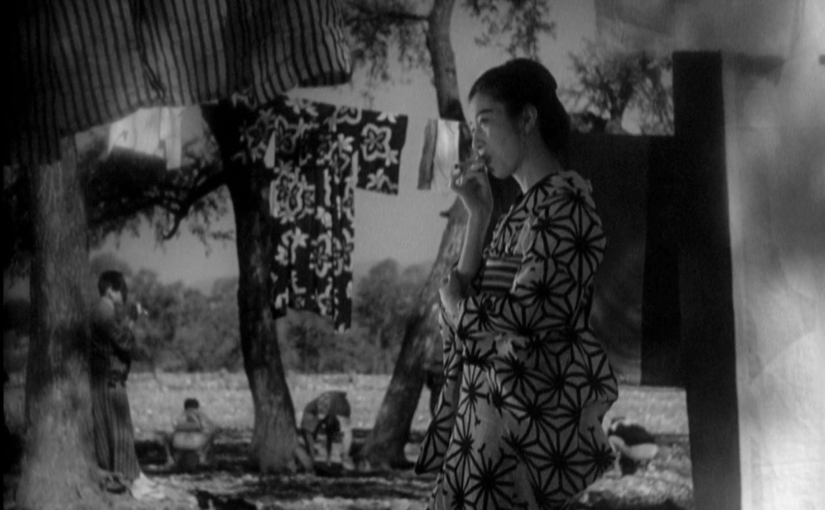
A Story of Floating Weeds (1934)
The contempt that travelling actors hold for themselves in A Story of Floating Weeds may be extreme, yet the petty drama they vindictively stoke only further condemns them to sorrowful lives, as Yasujirō Ozu examines their thorny relationships with both compassion and cynicism.
-
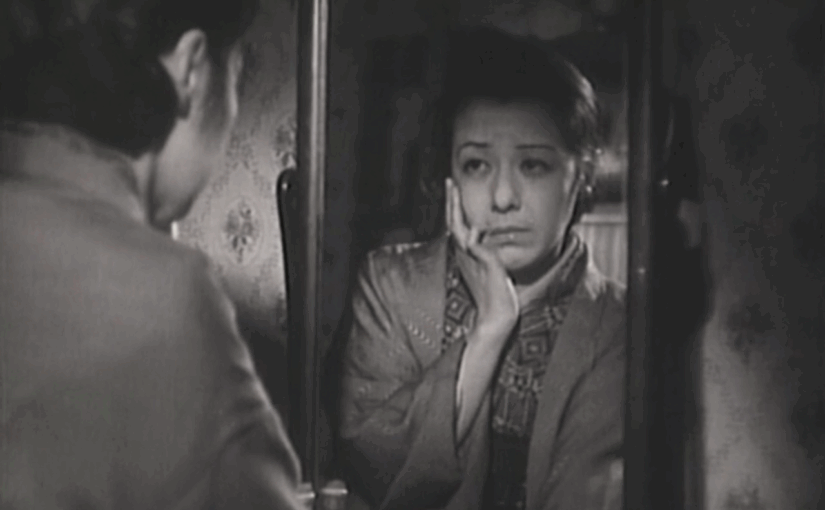
Woman of Tokyo (1933)
Woman of Tokyo does not deliver the formal impact of Yasujirō Ozu’s later masterpieces, yet there is a melodramatic tension in its exposure of one young woman’s scandalous double life, glimpsing the quiet devastation that lies beneath domestic stability.
-

L’Atalante (1934)
The canal barge which becomes home to newlyweds Jean and Juliette may feel like an oppressive enclosure at times, yet Jean Vigo’s lyrical direction of L’Atalante also reveals it to be a sanctuary of healing, guiding them on a journey to the marital bliss that has so far eluded them.
-
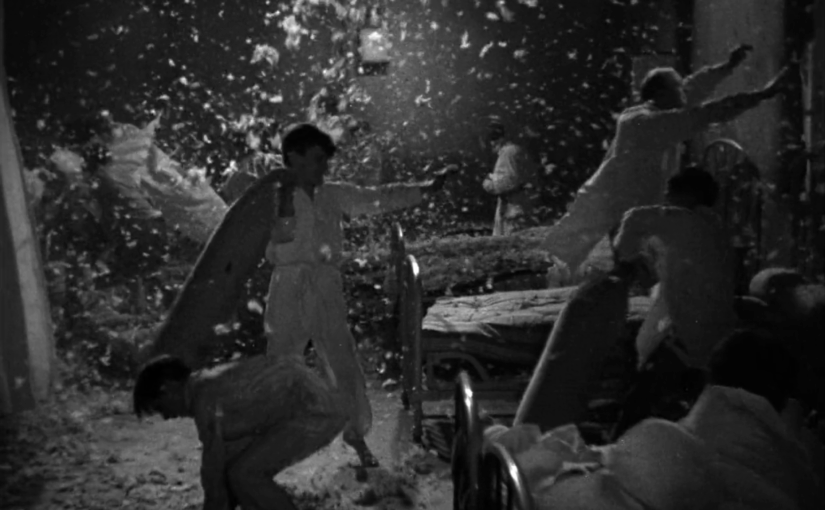
Zero for Conduct (1933)
The rule of law is little more than an arbitrary imposition of authority in Zero for Conduct, and it is up to the roguish schoolboys of one French boarding school to restore the natural order, as Jean Vigo playfully mounts a rising disenchantment towards anarchic revolution.
-
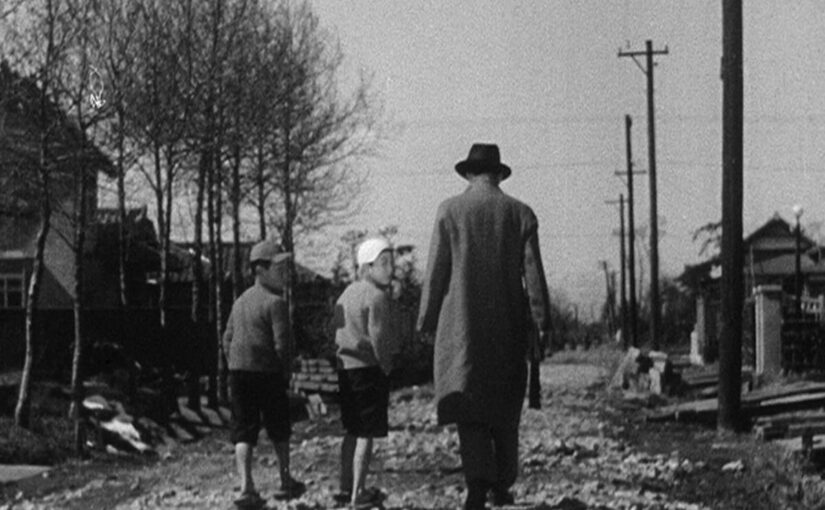
I Was Born, But… (1932)
Within the messy entanglement of power and status, Yasujirō Ozu’s formal mirroring of fathers and sons in I Was Born, But… reveals the conflict at the root of our common insecurities, as well as the sweet, liberating affirmation we never stop pursuing from infancy through adulthood.

